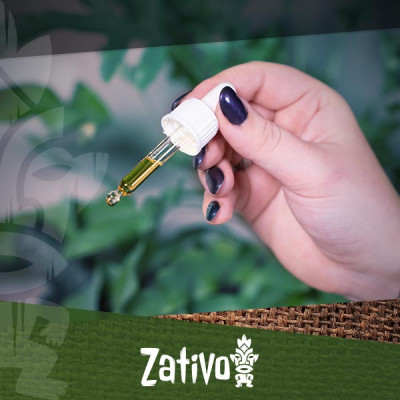Don't have an account?
Register NowYou have to add to cart at least 5 bottles or any program to make checkout.
- BlogCan CBD Get You High?
Can CBD Get You High?
Published: April 14th, 2021
Categories:
Cannabis Info
Cannabidiol, more commonly known as CBD, is a cannabinoid derived from Cannabis sativa, and a popular wellness supplement. Not only that; it’s also been the subject of somewhat extensive scientific inquiry in regards to potential benefits. However, despite some encouraging findings, CBD has yet to be officially acknowledged for its true value. It also remains clouded with misinformation due to its link to marijuana.
Because of that, some may be led to believe that CBD brings the same mind-altering effects that THC-rich cannabis is known for. However, anyone who’s used cannabis for either holistic or recreational purposes knows the real story. This article will take a deeper look into CBD, how it works, and whether or not it will get you high.
What Is CBD?
CBD, is one of the 500+ compounds naturally found in marijuana and hemp, the latter of which is a selectively bred type of cannabis with numerous industrial applications. In marijuana, CBD tends to be the second prevailing ingredient, whereas it’s the most prevailing in hemp. CBD interacts with the human body, and plays an important role in numerous physiological processes that affect our day-to-day lives.
Cannabidiol products come in various forms, with CBD oil being the most popular. It is usually applied sublingually (under the tongue) in specific doses throughout the day. Other variants include CBD capsules, topically applied CBD—like balms or lotions—and edibles, like CBD gummies.
How Does CBD Work?
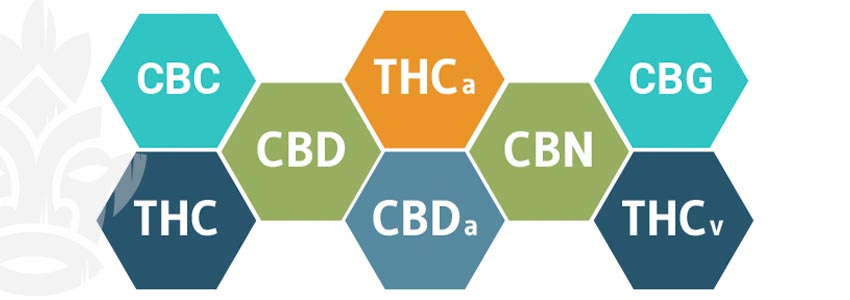
Before we answer this question, we must first be familiar with the body’s endocannabinoid system (ECS). The ECS is a complex regulatory system that exists throughout the entire body. It is responsible for mediating numerous vital functions, including metabolism, immune response, appetite, and memory, to name but a few.
The endocannabinoid system comprises two primary receptor types: CB1 and CB2. CB1 receptors are densely populated in the central nervous system, and thus mainly influence the brain’s reward response. CB2 receptors, on the other hand, are found predominantly in immune cells and have the task of modulating immune function.
Studies have found an opposing reaction regarding THC and CBD’s relationship with the CB1 receptor. The former acts as an agonist (stimulator), while the latter is a plausible antagonist (inhibitor). More specifically, CBD is believed to work as a negative allosteric modulator of CB1, which means it can block other compounds, such as THC, from binding to these sites. For this reason, CBD is often recommended to those who have taken too much THC and are experiencing an unpleasant high. Through its action on CB1, cannabidiol may counteract the adverse psychotropic effects brought on by THC.
Will CBD Cause a High?
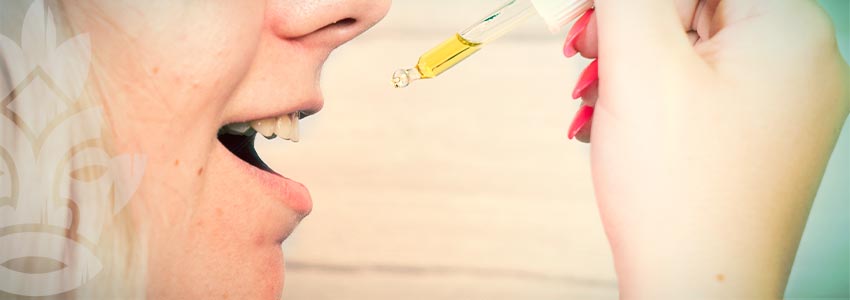
With all the above in mind, it’s time to address the main topic you came here for. And the answer to this question is, “No, it won’t”. Not only has CBD been deemed to have a good overall safety profile, but its relationship with the ECS and its receptors is entirely different than THC. See, when THC is consumed, it alters the normal communication between neurons, and stimulates CB1 receptors to a much more significant degree than our internally produced endocannabinoids. CBD, on the other hand, doesn’t cause this interruption in neural communication, and therefore no psychotropic effects are experienced.
Apart from inhibiting CB1 receptor activity, cannabidiol also modulates the 5-HT serotonin receptors. The release of serotonin plays a role in soothing the body and mind, which may also negate some of THC’s psychotropic effects.
Which Cannabinoids Do Get You High?
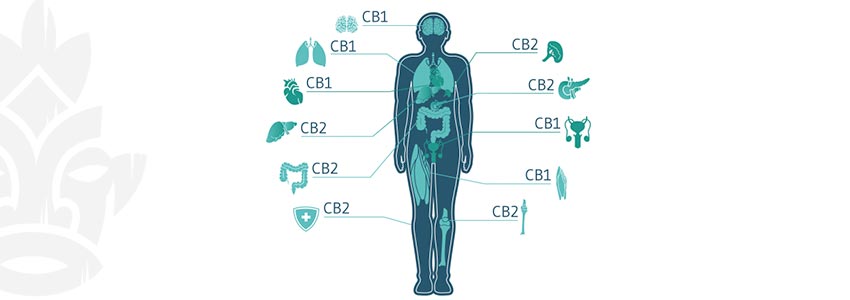
Short answer: THC is the only cannabinoid that causes psychotropic effects. The slightly more involved answer: Based on the investigation of experts, THC is the only cannabinoid that’s been found to have mind-altering effects. But, according to recent discoveries, another compound that may draw out similar results is tetrahydrocannabivarin, or THCV. If we zero in on the mind-altering part, THCV does have the potential to affect certain nerve cells in the brain. But, as far as getting someone high, that has yet to be determined fully.
Keep in mind that THC is only psychotropic when it has been decarboxylated from its acidic precursor, THCA. That’s right, in raw cannabis plants, THC exists in a non-psychotropic acid form. It’s only when heat is applied to THCA through decarboxylation that it converts into the psychotropic THC.
Can CBD Affect Your High?
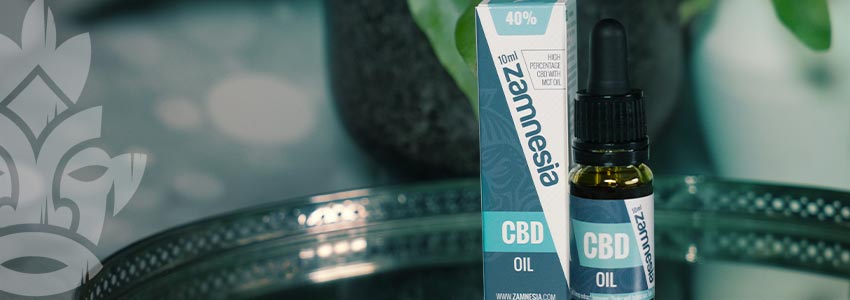
Another straightforward answer: “Yes, it can”. Going back to our previous point in an earlier section, experts have discovered cannabidiol's potential to hinder the full takeover of THC’s psychotropic effects. But, that’s not all. Another study actually says otherwise, claiming that CBD may enhance the high brought on by its close cousin.
A group of Australian researchers gathered 36 respondents composed of occasional and regular cannabis users. Five unique doses were given out: a placebo, 8mg of pure THC, 400mg of pure CBD, a THC-CBD combo of 8mg and 4mg, respectively, and a THC-CBD combo of 12mg and 400mg.
One of the interesting conclusions was that participants who took the 400mg of pure CBD showed signs of intoxication, according to a group of experts. Another finding showed that participants who took the THC-CBD combo of 8mg and 4mg experienced more signs of impairment than when they took the pure THC variant alone. This led researchers to the conclusion that CBD does indeed impact the THC high. However, the subjective nature of these findings does little to confirm or deny CBD’s exact role.
How Does CBD Make You Feel, If Not High?
CBD’s overall effects vary from one person to another. Some people feel more relaxed, while others feel alert and ready to focus. And, while the positives are often highlighted, cannabidiol also has reported drawbacks. Some of its side effects include dry mouth, fatigue, and reduced appetite. It’s worth noting that dosage, type of CBD product, metabolism, and genetic factors play a role in how CBD affects an individual.
Hopefully, this article was able to answer many of your questions about cannabidiol's effects. Whether you’re a long-time user or just about to dive in, you can use this information to be more confident when making a purchase.

